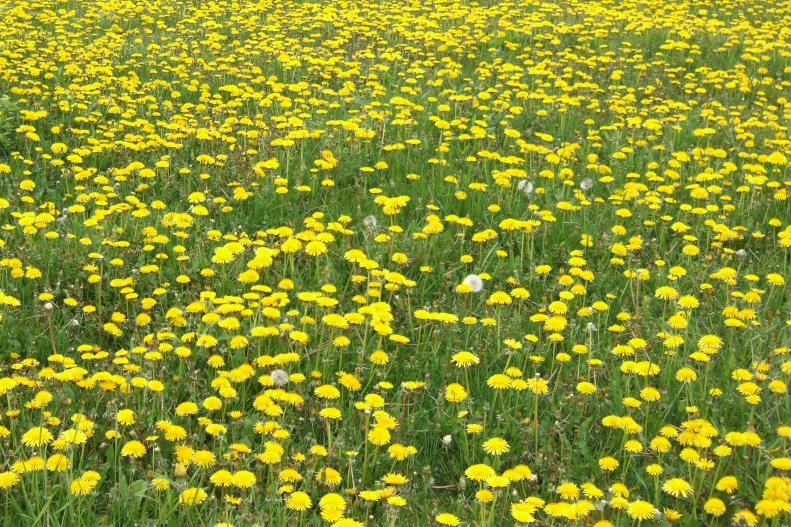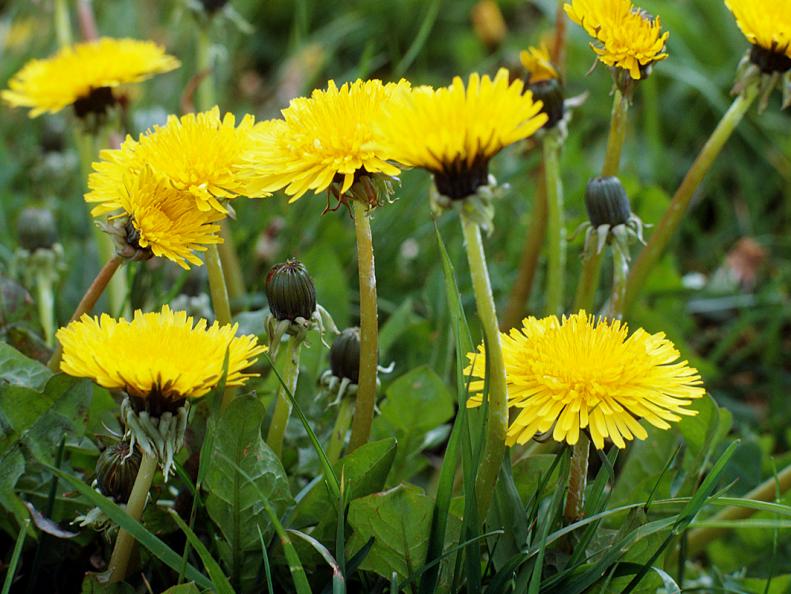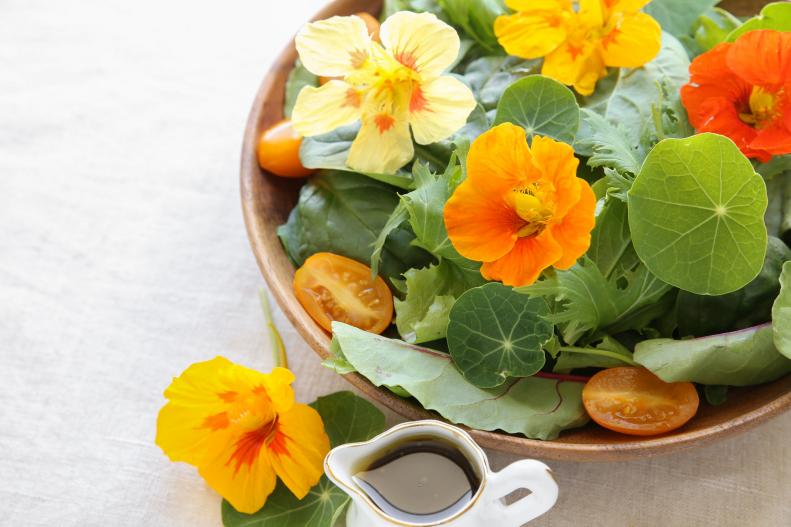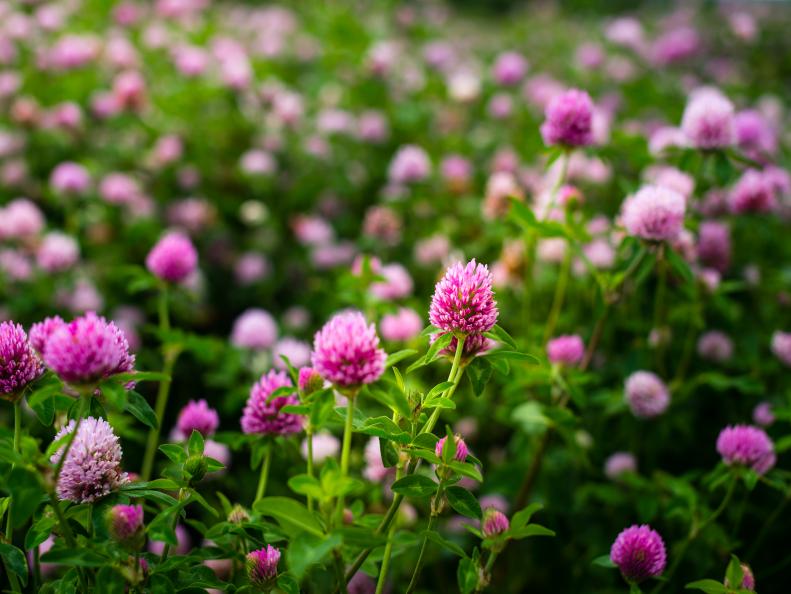1 / 22
Photo: Photo by Julie A. Martens
Dandelion Field
Learn about edible weeds and flowers you can find in your yard. Editor's Note: The content of this article is provided for general informational purposes only. Be cautioned that some wild plants can be poisonous, and poisonous plants sometimes resemble edible plants which often grow side by side. It is the responsibility of the reader, or the reader’s parent or guardian, to correctly identify and use the edible plants described. HGTV does not guarantee the accuracy of the content provided in this article and is not liable for any injury resulting from use of any information provided.









